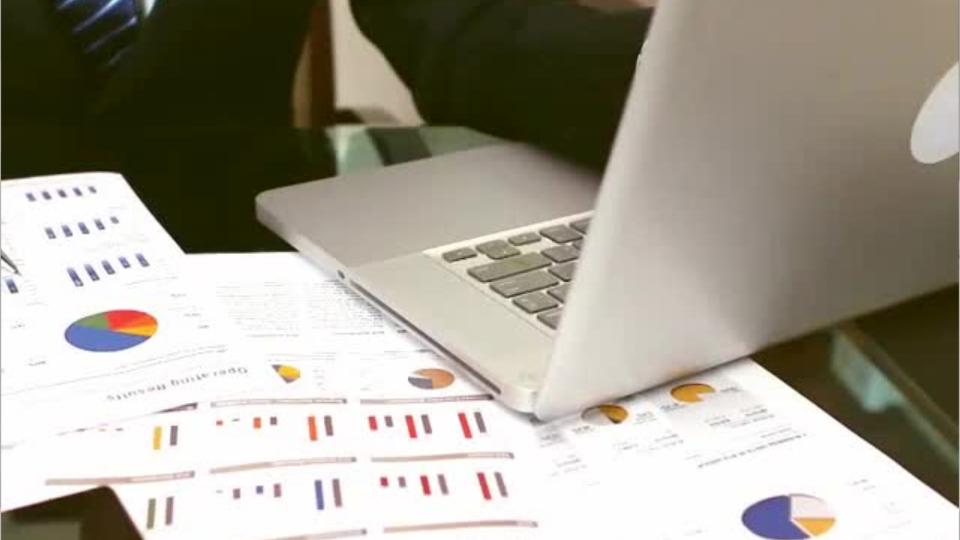Credit Analysts
Credit Administrator, Credit Analyst, Credit Officer, Credit Representative
 Select a military branch to see samples.
Select a military branch to see samples.
Cost Analysis; Financial Management
Financial Manager
No similar titles were found.
Financial Management Officer
Budget Officer; Internal Review Officer
No similar titles were found.
What they do:
Analyze credit data and financial statements of individuals or firms to determine the degree of risk involved in extending credit or lending money. Prepare reports with credit information for use in decisionmaking.
On the job, you would:
- Analyze credit data and financial statements to determine the degree of risk involved in extending credit or lending money.
- Complete loan applications, including credit analyses and summaries of loan requests, and submit to loan committees for approval.
- Generate financial ratios, using computer programs, to evaluate customers' financial status.
Knowledge
Business
- accounting and economics
- administrative services
Arts and Humanities
- English language
Math and Science
- arithmetic, algebra, geometry, calculus, or statistics
Safety and Government
- law and government
Skills
Basic Skills
- thinking about the pros and cons of different ways to solve a problem
- figuring out how to use new ideas or things
Problem Solving
- noticing a problem and figuring out the best way to solve it
Abilities
Verbal
- communicate by speaking
- listen and understand what people say
Math
- add, subtract, multiply, or divide
- choose the right type of math to solve a problem
Ideas and Logic
- make general rules or come up with answers from lots of detailed information
- notice when problems happen
Personality
People interested in this work like activities that include data, detail, and regular routines.
They do well at jobs that need:
- Intellectual Curiosity
- Cautiousness
- Integrity
- Attention to Detail
- Dependability
- Achievement Orientation
Technology
You might use software like this on the job:
Enterprise resource planning ERP software
- Microsoft Dynamics
- SAP software
Presentation software
- Microsoft PowerPoint
Financial analysis software
- CGI-AMS Strata
- Moody's KMV Risk Advisor
Education
Education: (rated 4 of 5)
bachelor's degree
usually needed
usually needed
Job Outlook
Below Average
New job opportunities are less likely in the future.
Explore More
- Credit Authorizers, Checkers, & Clerks
- Credit Counselors
- Financial & Investment Analysts
- Loan Interviewers & Clerks
- Loan Officers
You might like a career in one of these industries:
See more details at O*NET OnLine about Credit Analysts.






